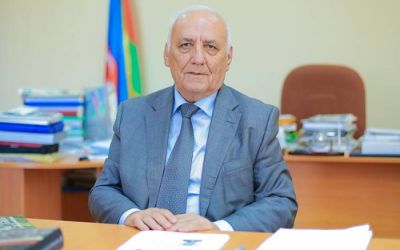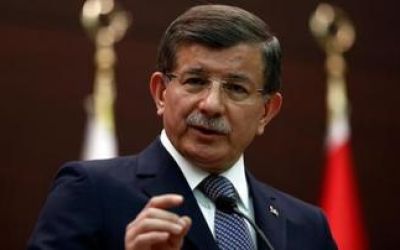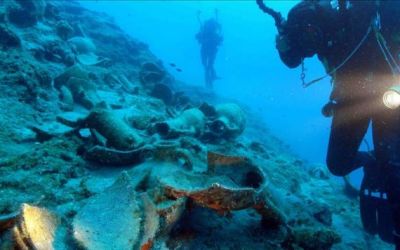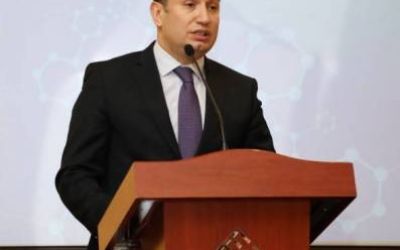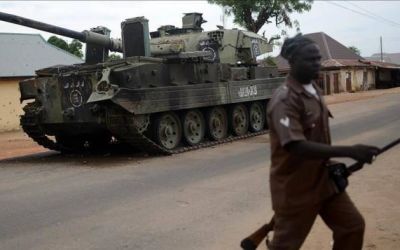NATO Is Not Dying. It’s a Zombie.
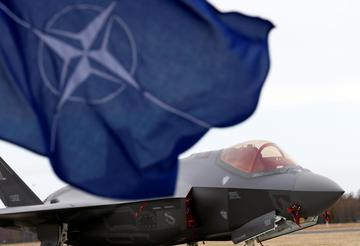
When the life ran out of NATO with the demise of the Soviet threat, Sen. Richard Lugar was among the first to conclude in 1993 that NATO must go “out of area or out of business.” This proved to be a powerful infusion of voodoo magic that eventually took the form of a U.S.-led NATO military intervention into the Balkans, which is where NATO sought to extend democracy at gunpoint to Bosnia-Herzegovina and Kosovo between 1994 and 1999.
The National Interest reports in its article NATO Is Not Dying. It’s a Zombie that reanimation received a big boost with NATO’s 1994 “partnership for peace program.” Predictably, the Poles, Czechs, Hungarians and virtually everyone in Eastern Europe compelled to live under Soviet occupation after World War II lined up to become NATO partners. Why not? What East European State would not want a direct line to Washington, DC that promised military assistance against the Russian menace that all believed would inevitably return?
Mysteriously, the promises given to President Mikhail Gorbachev by President George H. W. Bush, Prime Minister Margaret Thatcher, President Francois Mitterand, Chancellor Helmuth Kohl and their foreign ministers in 1990—not to expand NATO eastward; not to extend membership in the NATO alliance to former member states of the Warsaw Pact—were ignored. Why was this important strategic commitment made by NATO’s key leaders to President Gorbachev ignored?
Well, in the 1990s, the Russian threat was nonexistent and there was no reason to suppose it would return. In addition, President Clinton and the Senators who were nominally in charge of overseeing the conduct of U.S. Foreign and Security Policy were mesmerized by the prospects of being on the right side of history and campaign donations.
Given the voracious appetite for cash in Congress the defense industries were clearly interested in NATO expansion and found ways to advocate for it. Weapons sales to East European nations invited to join NATO promised huge profits. Bruce Jackson, a Lockheed vice president from 1993–2002, rushed to set up the Committee to Expand NATO and reportedly used contributions from defense companies to lobby Congress for NATO expansion.
After 2001, just about anything could be and was characterized as an existential threat to the American People: Islamist Terrorism or the Global Caliphate, China, Iran, Venezuela, Cuba, and, by 2012, a resurgent Russia. Defense budgets rose and U.S. Forces were now in Africa, the Mideast, Asia and Eastern Europe. By the time President Obama completed his first term Moscow concluded that Washington’s expansion of the NATO Alliance combined with its open-ended presence in Afghanistan and the Near East was really a coordinated plan to make Russia's strategic situation untenable.
President Putin policies arguably helped Russia to withstand the impact of damaging sanctions after its annexation of the Crimean Peninsula—a region that was under Russian control longer than Texas has been in the Union. President Putin restored Russia’s military power and its national self-image to a formidable position.
Putin’s actions have led some observers to suggest that Putin is preparing Russia for a military showdown with the West. That’s an exaggeration, but it would be a mistake to doubt Putin’s resolve to protect Russia’s rights in its own hemisphere.
Now, Georgia is stepping up to join NATO. Georgia like Montenegro (and most NATO members) is in line to become another military protectorate of the United States, not an ally. Unless President Trump wants Moscow to conclude that Georgia will be a future platform for attack against Russia, Iran or another regional power, President Trump should just say “No!” It’s time for the NATO zombie to expire.




















